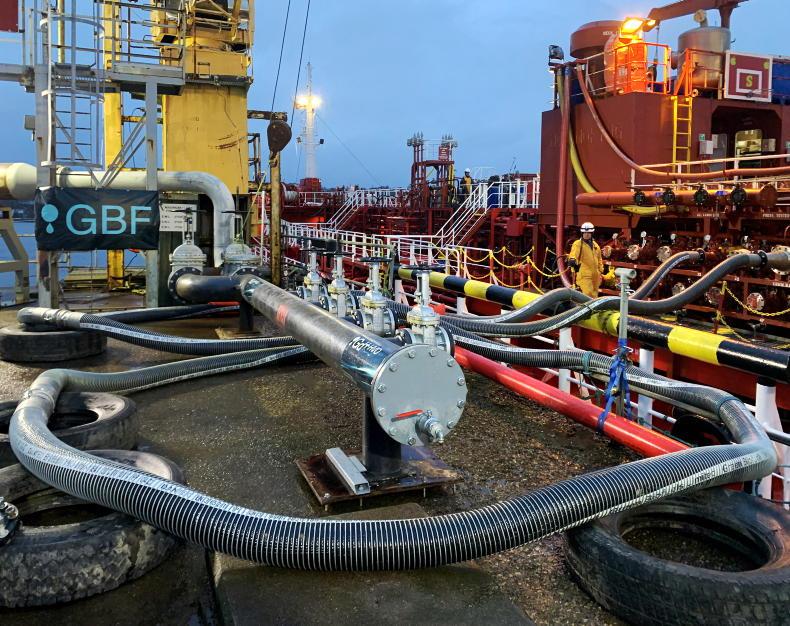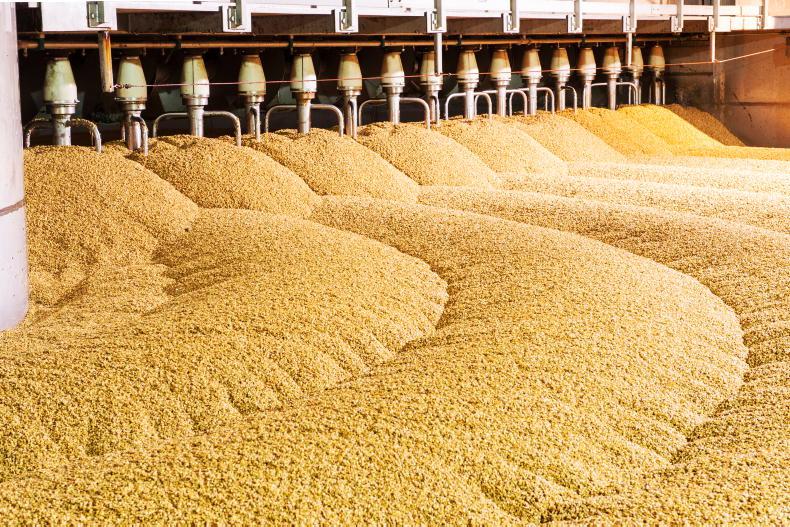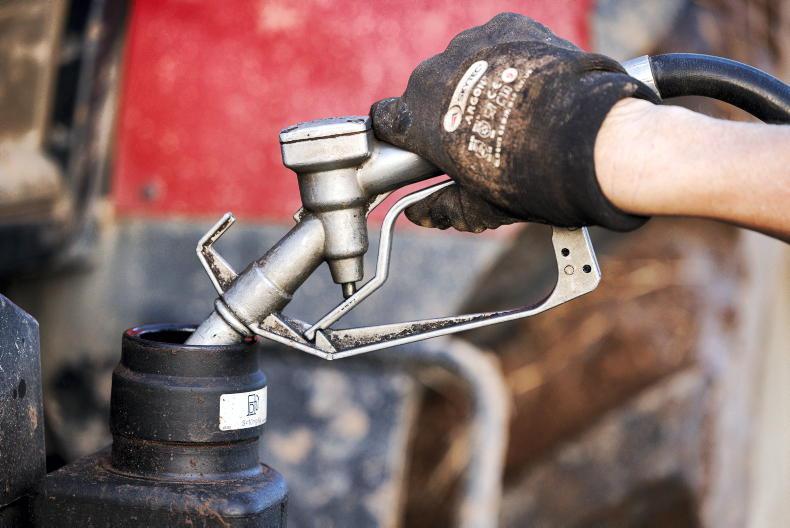UK biofuel supplier Green Biofuels Limited (GBF) has launched Ireland’s first renewable biofuel terminal. The terminal, operated by GBF's Irish business Green D Project Limited, took its first cargo delivery on January 11, 2023, at its location in Cork Harbour.
The terminal serves as both an import facility for HVO (hydrotreated vegetable oil) renewable fuel in Ireland and a blending/export facility for the collection and use of renewable fuels overseas.
HVO is a renewable fuel that can be made from a variety of feedstocks, including waste cooking oil, tallow, and vegetable oils and can be used as a drop-in replacement for conventional diesel fuel.
HVO fuel is considered a low-carbon alternative to conventional diesel as it produces fewer emissions of greenhouse gases and air pollutants during combustion.
The investment represents the next stage in GBF's growth and expanded distribution of its products which has already supplied over 200 million litres to the UK across various sectors, including construction, logistics, and marine industries.
Ireland's Climate Action Plan, following the Climate Act 2021, sets a legally binding target of net-zero greenhouse gas emissions by 2050, with a 51% reduction by 2030.
38 million litres
GBF will initially use 38 million litres of the terminal's capacity for HVO fuel, which is expected to save over 100,000 tonnes of CO2e emissions compared to conventional diesel fuel on each tank refill cycle.
The company aims to increase the facility's capacity to 53 million litres in the future. The terminal's renovation, to be done in three phases, will allow for a quick commissioning process. The brownfield site chosen by GBF repurposes a previously unused development.
Magnus Hammick, COO of GBF, expressed excitement about the project, saying, "the low-carbon fuel terminal will allow us to expand our supply and grant our customers the ability to significantly reduce their carbon emissions and improve local air quality by using our drop-in replacement fuels. Switching to Gd+ HVO requires no additional infrastructure or capital expenditures, just a simple switch from diesel."
Port of Cork
The Port of Cork, the world's second-largest natural harbour, serves as a key international gateway for trade and provides numerous options for bulk liquid movements with its 259-meter single berth and ability to receive a wide range of vessels.









SHARING OPTIONS